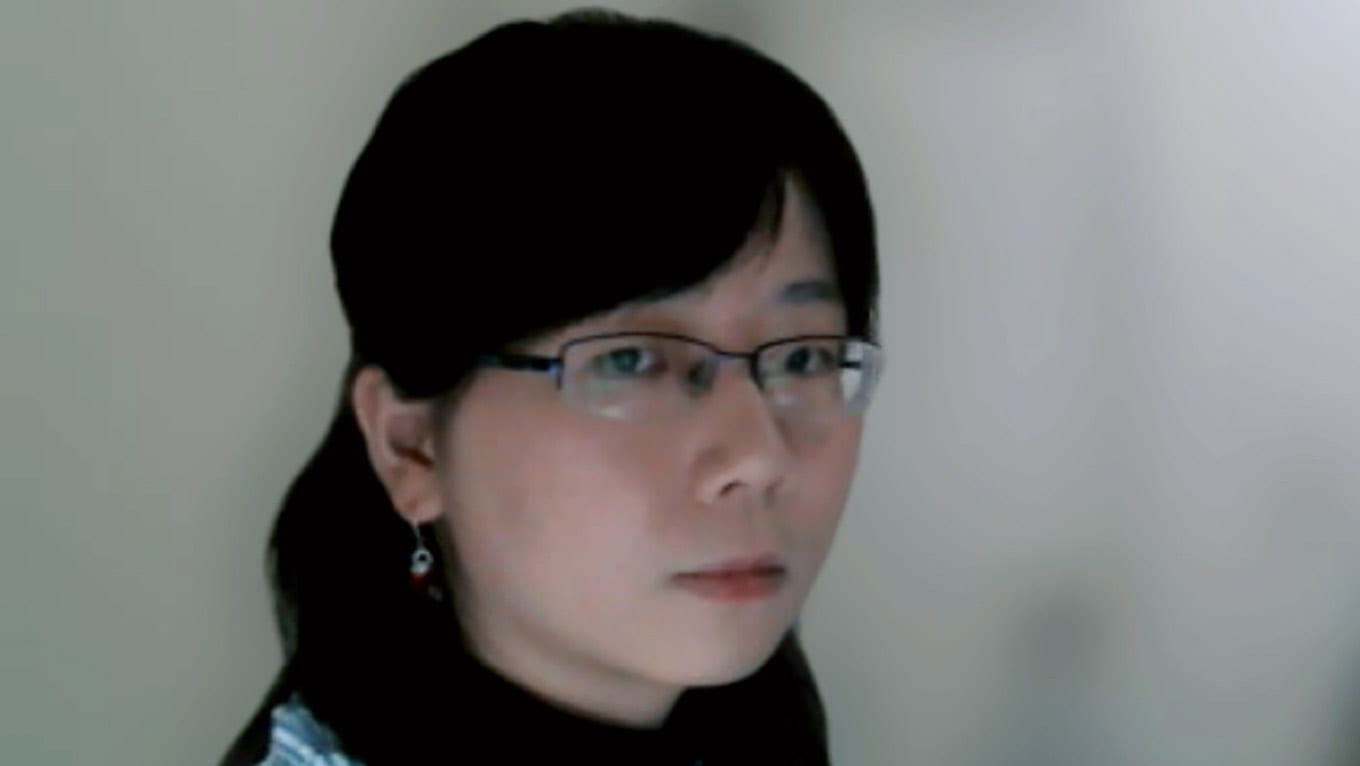Degree Program: Computer Science and Engineering, Ph.D.
Department: Computer Science and Engineering
Undergraduate Institution: Southern University of Science and Technology, China, Communications Engineering, B.S.
Advisor: Chen Qian

“The most important thing is to have confidence in yourself. Although you will encounter many challenges and become frustrated at times during your program, you need to remain confident in your capabilities as an engineer.”
Haofan Cai is a class of 2023 Ph.D. graduate. Before coming to UC Santa Cruz, she completed her undergraduate degree program at Southern University of Science and Technology, a small university in China in which she was the only female student in her class. Her research interests are in computer networking, specifically wireless sensing and the Internet of Things. This fall, Haofan will join the University of Hawaii at Manoa’s (UHM) Electrical and Computer Engineering Department as an assistant professor, following in the footsteps of Baskin distinguished professor emeritus J.J. Garcia-Luna-Aceves whose research at UHM involved early wireless communication protocols still used in current Radio Frequency Identification (RFID) systems. She is the first alum of Southern University of Science and Technology to become a faculty member in the United States.
Describe your journey to UCSC and why you chose to study at the Baskin School of Engineering.
I received my undergraduate degree in communications engineering at the Southern University of Science and Technology in China. It is a very young university, and I was a part of the first undergraduate class. A big part of my decision to come to UC Santa Cruz was because of my mentor, Professor Chen Qian. He’s an outstanding scholar in the field of computer networking and that was the area I was most interested in studying for my Ph.D. program. I also chose UCSC because of its close proximity to Silicon Valley. I’ve had a great experience at Baskin Engineering. All the professors are very supportive and always willing to help, and I’ve met many people doing very interesting research. I’ll definitely miss the beautiful campus.
Explain your research.
My research is in wireless sensing, specifically wireless techniques such as Wi-Fi and Radio Frequency Identification (RFID). The RFID system is low cost and can be deployed at a large scale. I focused on integrating this system into other communication systems for novel applications in healthcare and human computer interaction.
For my dissertation research, I was able to develop a secure, reliable, and scalable cyber-physical system using RFID tags to detect user-item interaction and gather information from real-world subjects.
What courses will you be teaching this fall as an assistant professor at the University of Hawaii at Manoa and what are you most excited about in this next chapter of your life?
In fall, I’ll be teaching courses on cyber physical systems and the Internet of Things. I’m really excited to teach classes for the first time and mentor undergraduate students. I’m also excited for the opportunity to build my own research lab and collaborate with new researchers.
What advice do you have for women engineering students?
The most important thing is to have confidence in yourself. Although you will encounter many challenges and become frustrated at times during your program, you need to remain confident in your capabilities as an engineer. Don’t be afraid to ask for help, and collaboration is really important.
What is your favorite memory at Baskin Engineering?
There are many times where I would come to Baskin very early in the morning and very late in the evening. Those times on campus brought me the most peace. Also, the scenery around campus is like a national park.
Interview Date: July 5, 2023
This block group hides your featured image, remove this block group to show your featured image again.




